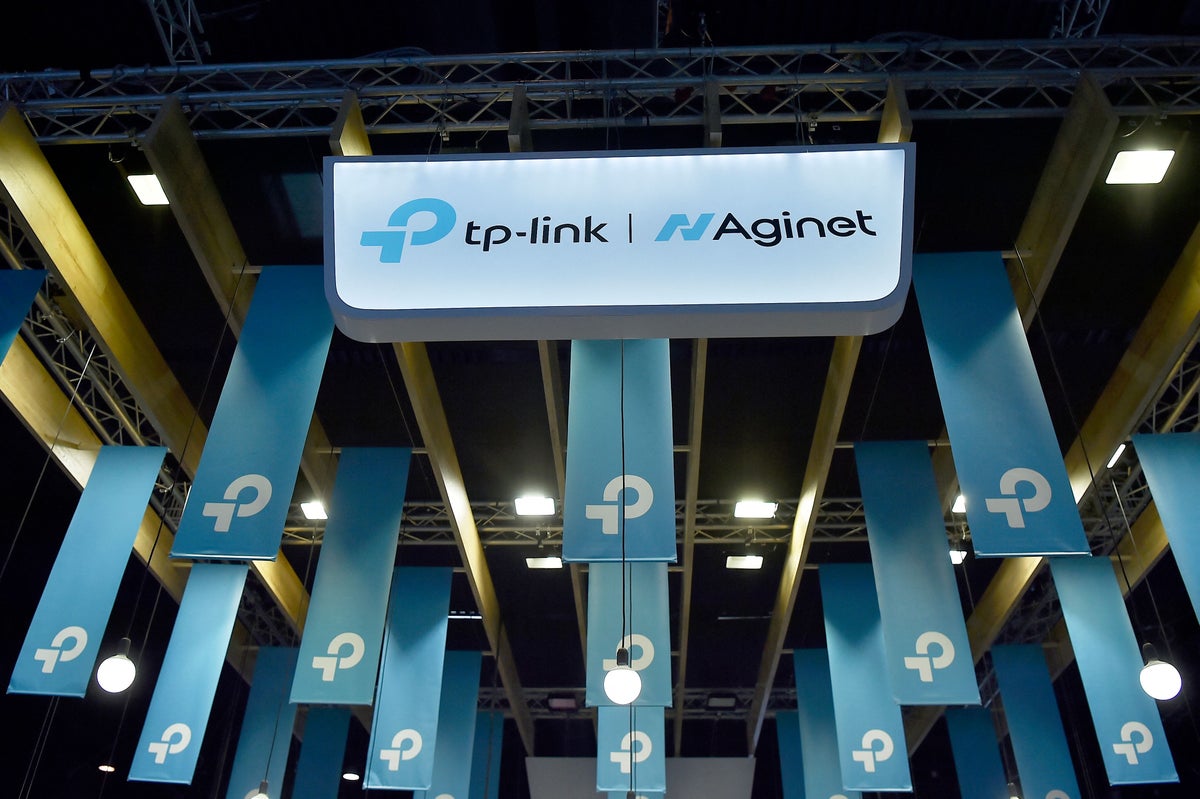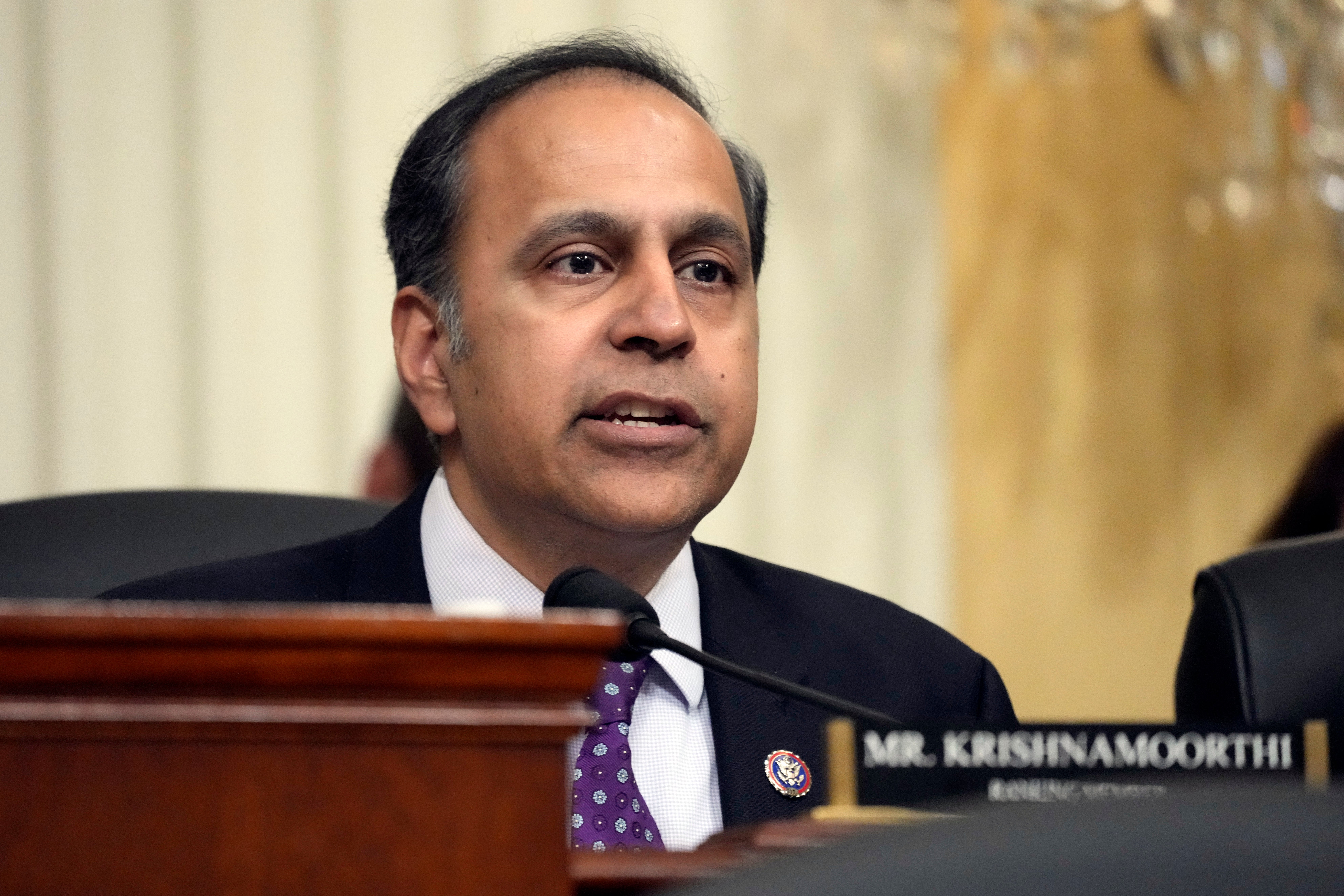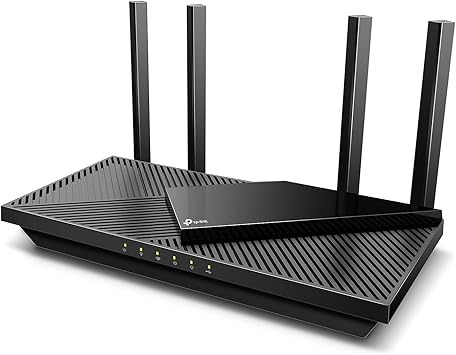
Ater TikTok was handed a lifeline by President Donald Trump, lawmakers worried about Chinese influencer over U.S. tech have found a new target: a popular home-internet router.
The TP-Link routers have been targetted by lawmakers who are concerned the routers could be exploited and used to steal sensitive information, CNBC reports. Representatives Raja Krishnamoorthi and John Moolenaar penned a bipartisan letter to the Department of Commerce last year asking the agency to investigate the “unusual degree of vulnerabilities” the routers reportedly present, The Wall Street Journal reported.
Now, investigators at the Commerce, Defense and Justice departments have all opened up probes into the company, according to the Journal, and officials could move to ban the routers within the next year.
A TP-Link Systems spokesperson told The Independent they have received requests for information from the Department of Commerce and “are complying.”

“As a U.S.-based headquartered company, TP-Link Systems has, and continues to welcome all opportunities to engage directly with federal agencies to demonstrate that its security practices are fully in line with industry security standards and to address any potential U.S. national security risks,” the company said in a statement.
TP-Link was established in China, the Journal reports. A TP-Link Systems spokesperson told The Independent they are “not affiliated with the Chinese government,” and that the American company TP-Link Systems has “an entirely separate ownership and management structure” from the China-based TP-LINK Technologies. TP-Link Systems is headquartered in California and their routers are made in Vietnam, the spokesperson said.
TP-Links are among the top-selling routers on Amazon, and up to 65 percent of the U.S. router market belongs to the company, according to the Journal. However, TP-Link Systems disputes this, claiming instead to have 37 percent of the market in 2024.
Krishnamoorthi told CNBC he is still not aware of any plans to ban the routers.
“I am not aware of any plans to get them out,” Krishanoorthi told the outlet.
The Illinois lawmaker hopes the federal government will take similar actions to 2020, when officials mandated that companies get rid of all network equipment from the Chinese company Huawei after it was determined to pose a national security threat, according to CNBC.
“I am wondering whether something similar needs to be done, at least in regards to national security agencies, Department of Defense, and Intelligence,” he told the outlet. “It just doesn’t make sense for the U.S government to be buying the routers.”
Other lawmakers agree. The House Select Committee on the Chinese Communist Party, led by Moolenaar, said in a statement to CNBC the routers pose an espionage risk to Americans.
“Because of this, we hope to see TP-link routers banned in the coming year, coupled with programs to replace existing Chinese routers with safe American alternatives,” the committee’s statement read.

In response to the statement, the TP-Link Systems spokesperson saidtheir routers have security outcomes “on par with, or in some cases ahead of, other major industry players.”
“While vulnerability severity is important, we consistently address issues promptly,” the spokesperson told The Independent.
This push comes as the U.S. contends with a potential TikTok ban. Congress passed a law last year telling TikTok’s Chinese-owned parent company ByteDance they had until January 19 to either sell to a U.S. buyer or be banned from U.S. app stores.
The Supreme Court even ruled in favor of the law, citing threats to national security.
However, former president Joe Biden said he would not enforce the ban – which took effect on the last full day of his presidency — and Trump granted the company a 75-day extension via executive order on January 20, his first day in office.
Now, the company Perplexity AI is interested in buying the app, the Associated Press reports. Perplexity AI would merge with TikTok’s U.S. business — and afterward, the U.S. government could own up to 50 percent of that new entity, according to their proposal reported by the AP.
The Independent has contacted the Department of Commerce for comment.
This article was updated on January 27 to include comment from the TP-Link Systems spokesperson.







